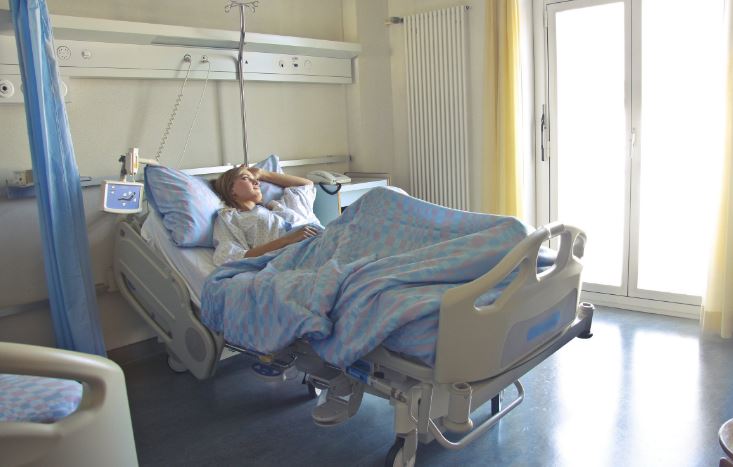Guidelines on Non-essential Procedures Include Not Delaying Important Medical Care
FOR IMMEDIATE RELEASE
May 4, 2020
Contact: Lynn Sutfin, 517-241-2112
LANSING, MICH. Current restrictions on non-essential medical and dental procedures were put into place in late March to ensure healthcare systems had enough staffing, bed capacity and personal protective equipment (PPE) to care for all patients, as well as to limit the spread of COVID-19. Further guidelines were recently shared with providers to address questions about how patients can be served safely during this time.
Executive Order 2020-17 was meant to be flexible so patient care can be considered on a case-by-case basis to determine which services are needed more immediately and which can be safely delayed without resulting in a decline in health.
“The Executive Order gives providers broad discretion,” said Dr. Joneigh Khaldun, chief medical executive at MDHHS. “I applaud our frontline health care providers who put their lives at risk, and who are engaged in efforts to continue to care for their patients in the safest way possible. The guidelines should assist in determining the best way to treat patients without delaying needed medical services.”
The recommendations include:
- Limiting in-person contact as much as possible, and implementing best practices for infection prevention and control, such as maximizing the use of telehealth, eliminating waiting room times, requiring patients to wear masks, and more.
- Prioritizing in-person patient interactions and face-to-face appointments for the most vulnerable patients, and for necessary services like immunizations.
- Reassuring patients of appropriate safety measures such as expanded testing and PPE.
- Assuring appropriate surge capacity and developing emergency plans including how to gradually start doing more procedures, conserving PPE, and ensuring adequate supplies and staffing.
Details on the guidelines can be viewed in the communication now posted at Michigan.gov/Coronavirus. Additional information about best practices for infection prevention and control can also be found on the CDC’s website.
“We hope this guidance helps answer questions but recognize it is not a substitute for clinical judgement,” Khaldun said. “Providers know their patients best and will understand the safest, most effective ways to manage their care under these circumstances created by the pandemic.”
It is also important for patients to understand they should not delay important medical care, especially emergency care. If there are signs of potentially life-threatening disease, such as a heart attack or stroke, do not delay testing or treatment.
Information around this outbreak is changing rapidly. The latest information is available at Michigan.gov/Coronavirus and CDC.gov/Coronavirus.

